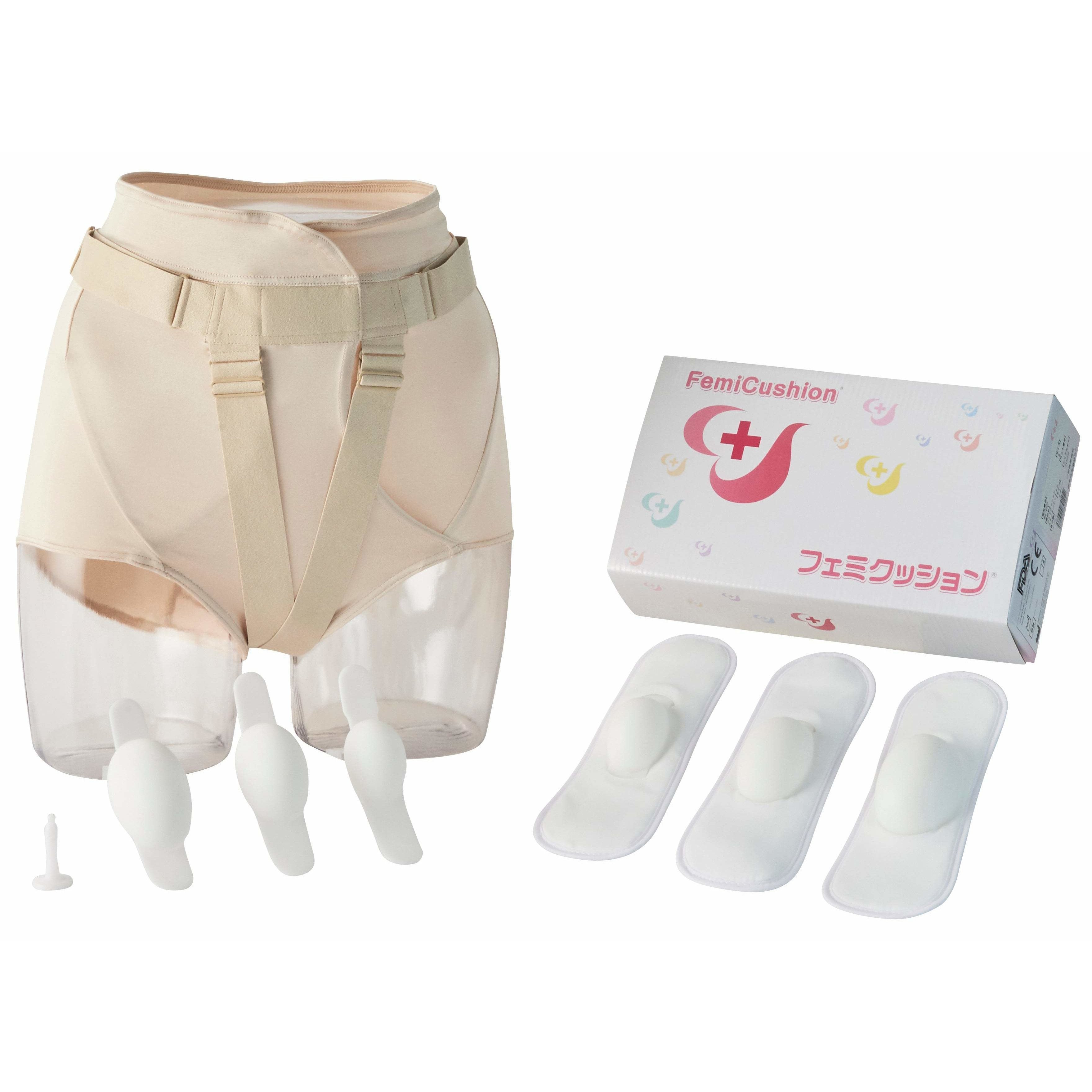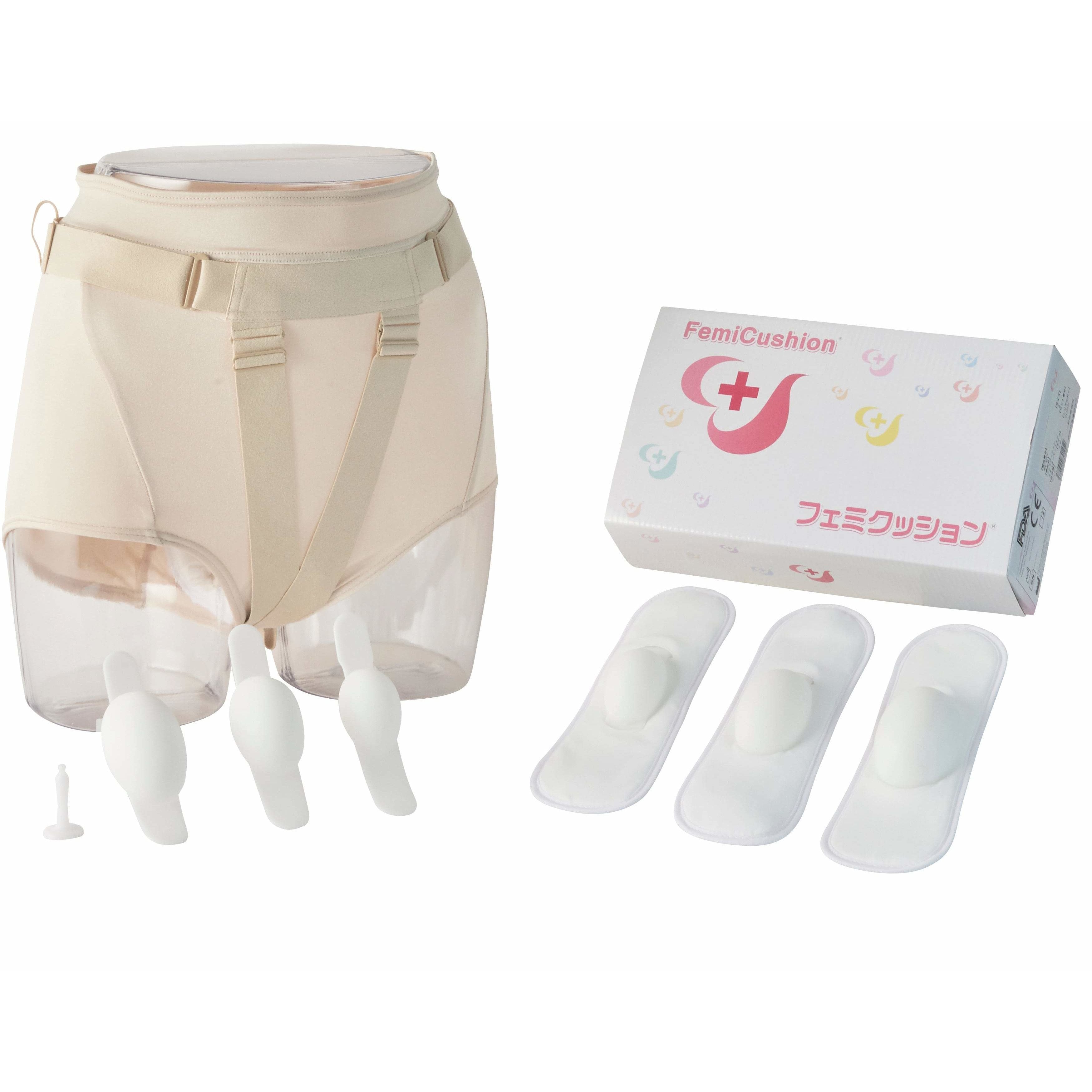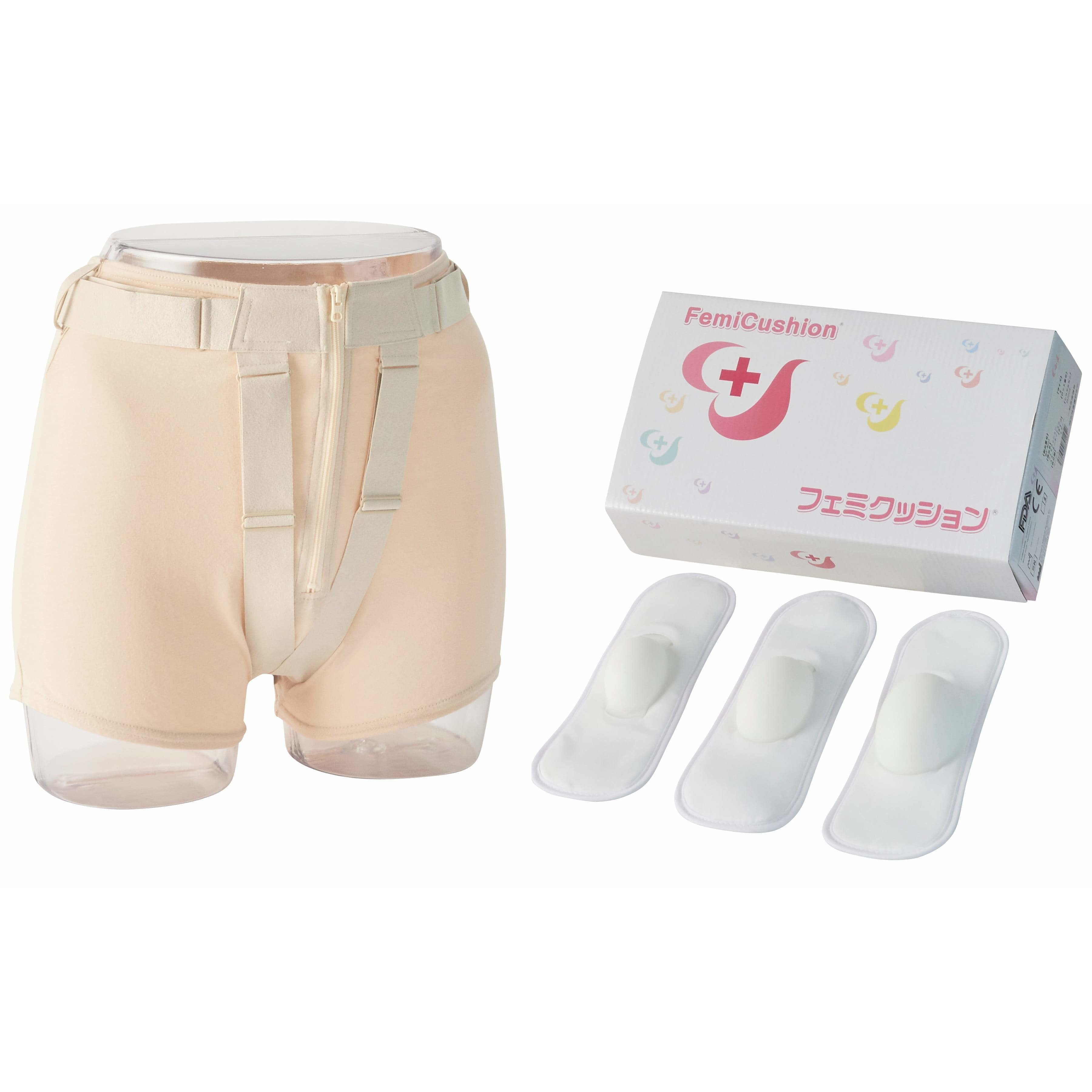What To Know About Pelvic Organ Prolapse Surgery
Summary
Table of Contents

Pelvic organ prolapse is a common problem with plenty of effects on your life. This condition can make it difficult for you to enjoy regular activities and could even affect your mood. When you seek medical treatment for it, surgery may be an option. It is important to research your choices, so you and your doctor can make the right decision for your health. If you are thinking about the pelvic organ prolapse surgery success rate and considering your options, there are a few things you should know.
What Is Pelvic Organ Prolapse Surgery?
Surgery to correct a pelvic organ prolapse covers a variety of procedures. Your surgeon evaluates your condition and talks to you about your symptoms. With this information, your surgical team can make a plan to correct the symptoms most affecting your life. For this type of surgery, you’ll be given medications to sedate you, and you’ll need a few weeks to completely recover.
For most patients, the surgery involves a number of small incisions, through which the surgeon can use tools to correct the prolapse. It usually includes raising up the organ so that it no longer prolapses into the vagina. In some cases, you might have the surgery in addition to other procedures, such as a hysterectomy.
When Should I Consider Prolapse Surgery?
Pelvic organ prolapse is common, and more than one in four women will get it to some degree. Only a small percentage of people who have the condition will eventually have surgery, however. As a general rule, surgery is a treatment that your doctor will consider when other, less invasive options do not work. As such, you may want to consider prolapse surgery if you meet one or more of these criteria:
- You have severe symptoms resulting from pelvic organ prolapse.
- You have tried other treatments without much success.
- The prolapse is significantly affecting your quality of life.
There are a few other factors you should keep in mind before you schedule the surgery, so it is a good idea to talk to your doctor about your goals and plans. If you are planning to get pregnant in the future, it may be better to delay surgery, since pregnancy can increase the likelihood of recurrence and undergoing certain POP surgeries (obliterative) result in a loss of sexual function. Your surgeon can help you determine if you are a good candidate for surgery, and if there are steps you can take to improve your outcomes.
What Are Other Treatments for Pelvic Organ Prolapse?
When you first go to the doctor for symptoms related to organ prolapse, you may explore a variety of treatment options. Many of these are non-invasive, but they might require a long commitment to see success. Common non-surgical treatments include:
- Pelvic floor exercises, which can be done at home or with a physical therapist
- Hormone replacement therapy (HRT), especially for prolapse related to menopause
- Dietary improvements, such as a high-fiber diet to prevent constipation
- Vaginal pessaries, a prosthetic placed inside to keep the organs in place
- External prolapse support garments like FemiCushion
In many cases, these treatments are used along with surgery as a comprehensive plan. Your surgeon might recommend them before or after your surgery, or as a way to reduce the need for surgery.
What Are the Success Rates of Prolapse Surgery?
The vast majority of patients who have pelvic organ prolapse surgery notice some improvement in their symptoms. Research shows that about 85 to 95 percent of patients will feel these improvements for several years, depending on the procedure. However, surgery does not guarantee long term effectiveness. The likelihood of prolapse recurrence increases over time, but you may be able to prevent it or minimize the effects.
There is a possibility of pelvic organ prolapse after surgery, depending on a few factors. Most studies reflect a rate of recurrence around 15 to 20 percent. Most of these patients will use other treatment methods to manage the symptoms. Less than 10 percent of people who get pelvic organ prolapse a second time will need another surgery to correct it.
What Can I Expect After Prolapse Surgery?
In more than nine out of 10 cases, patients say that their quality of life is improved as a result of the surgery. Researchers measure quality of life based on a variety of factors, such as:
- Physical activity
- Social limitations
- Energy
- Sleep
- Body image
- Impact on personal relationships
Most patients note a decrease in depression, pelvic pain and other physical symptoms. They also report a better body image and sex life.
Any surgery has possible complications, so you should ask your doctor about what you are likely to expect from your procedure in particular. Generally, patients undergoing a laparoscopic surgery will be tired for a few days, with pain around the incision sites. For most patients, risk of infection or reaction to the anesthetic are fairly low. Some patients report increased symptoms, like frequent urination or pain during sex.
For most people, life after prolapse surgery is better than it was beforehand. By considering all of your options, you and your doctor can create a treatment plan that works best for you. Shop our products to learn more about treatments for pelvic organ prolapse, and read our frequently asked questions. Contact us for more assistance.
Supervising Doctor of This Article

Koichi Nagao, MD PhD
Professor, Department of Urology, Toho University Faculty of Medicine
Director of Urinary tract reconstruction center, Toho University Omori Medical Center
Director of Reproduction Center, Toho University Omori Medical Center
Professor Nagao specializes in plastic surgery in the field of reproductive medicine. He completed eight years of plastic surgery training at Showa University before majoring in urology at Toho University. With his meticulous surgical techniques and careful examinations that combines urology and plastic surgery, Professor Nagao became a Board Certified Specialist with multiple associations including the Japanese Urological Association, the Japan Society for Reproductive Medicine, and the Japanese Society for Sexual Medicine.
The suggested Products

مجموعة FemiCushion EasyOpen Deluxe
$299.99

مجموعة أدوات Deluxe Standard Deluxe Kit
$299.99

مجموعة أدوات FemiCuslion Lite
$249.99
